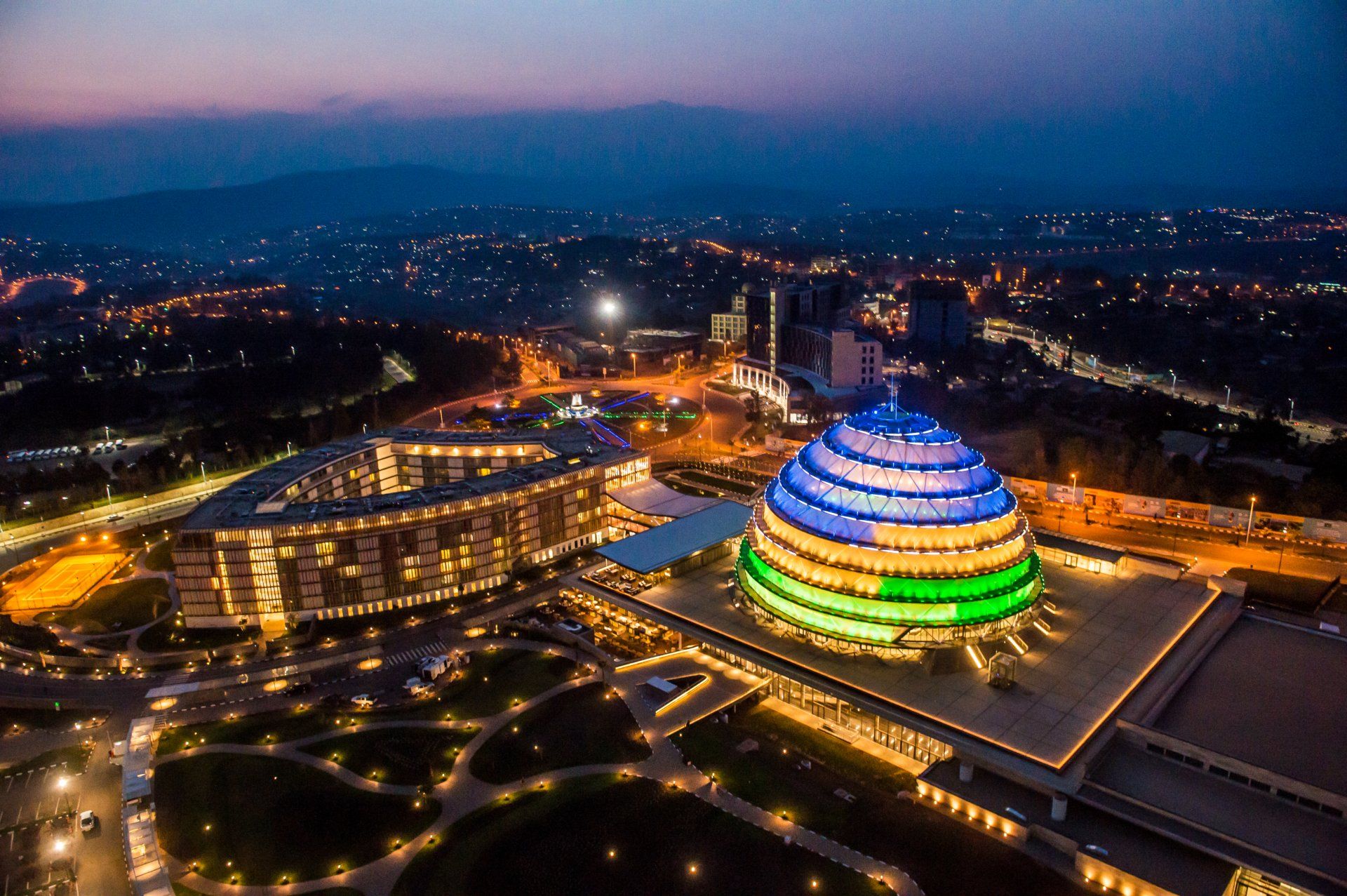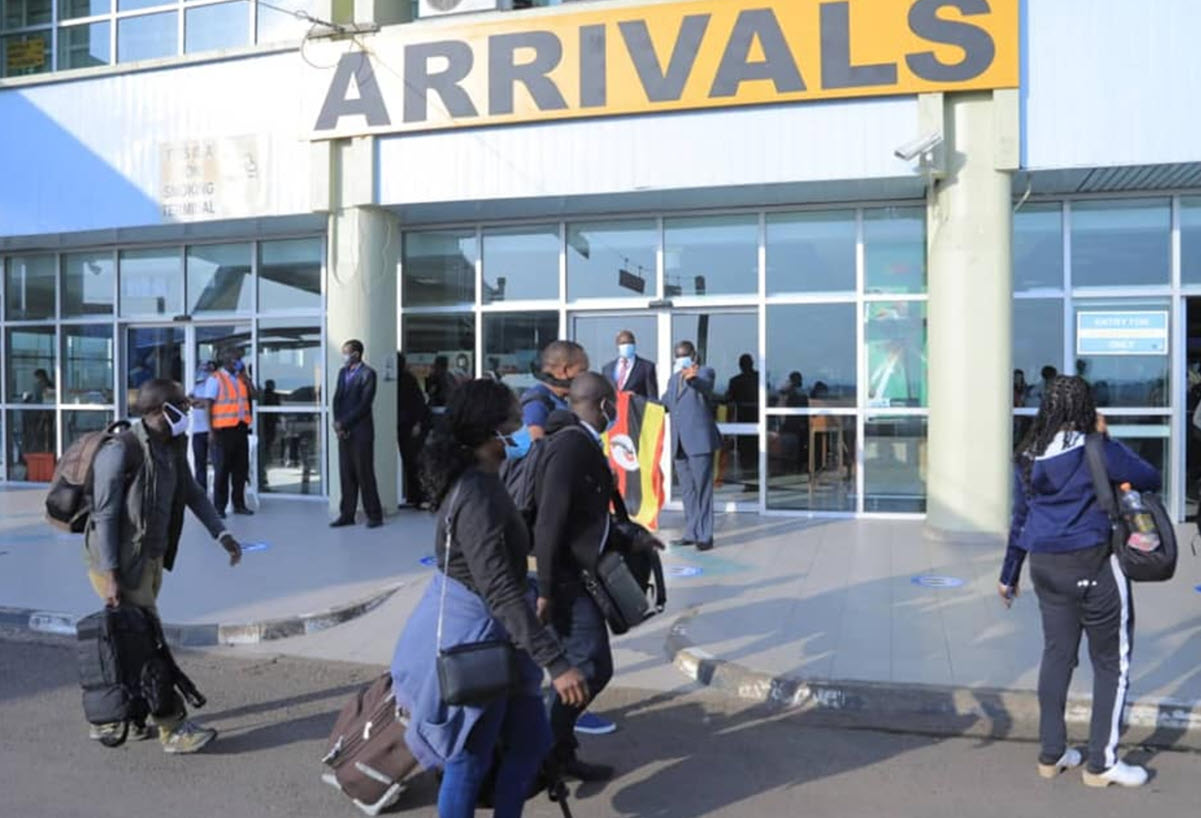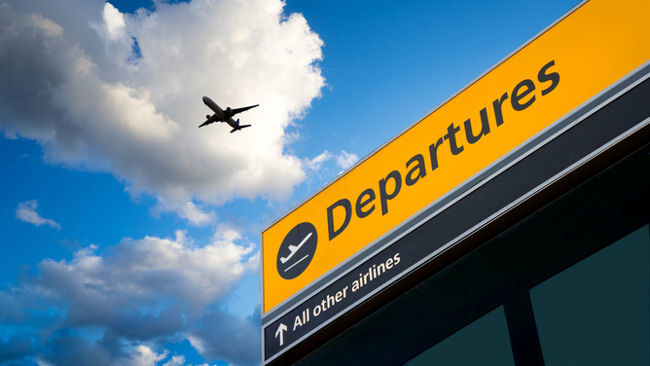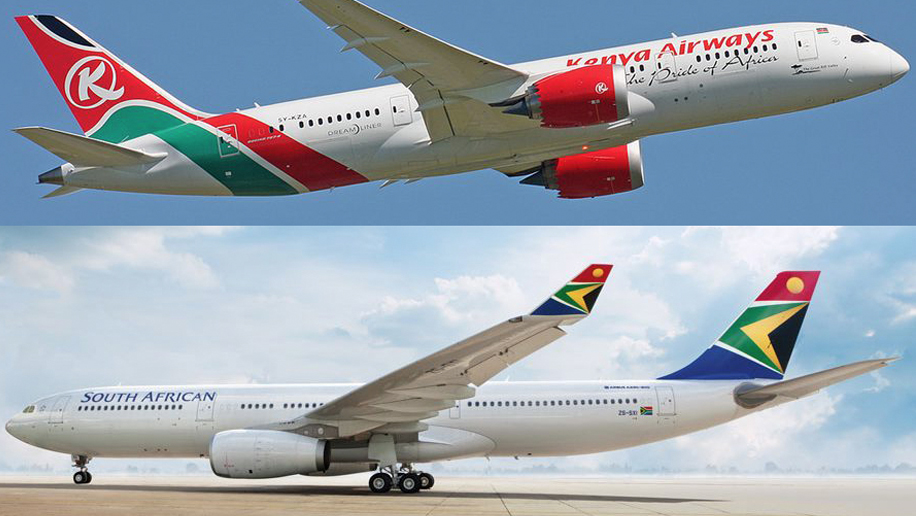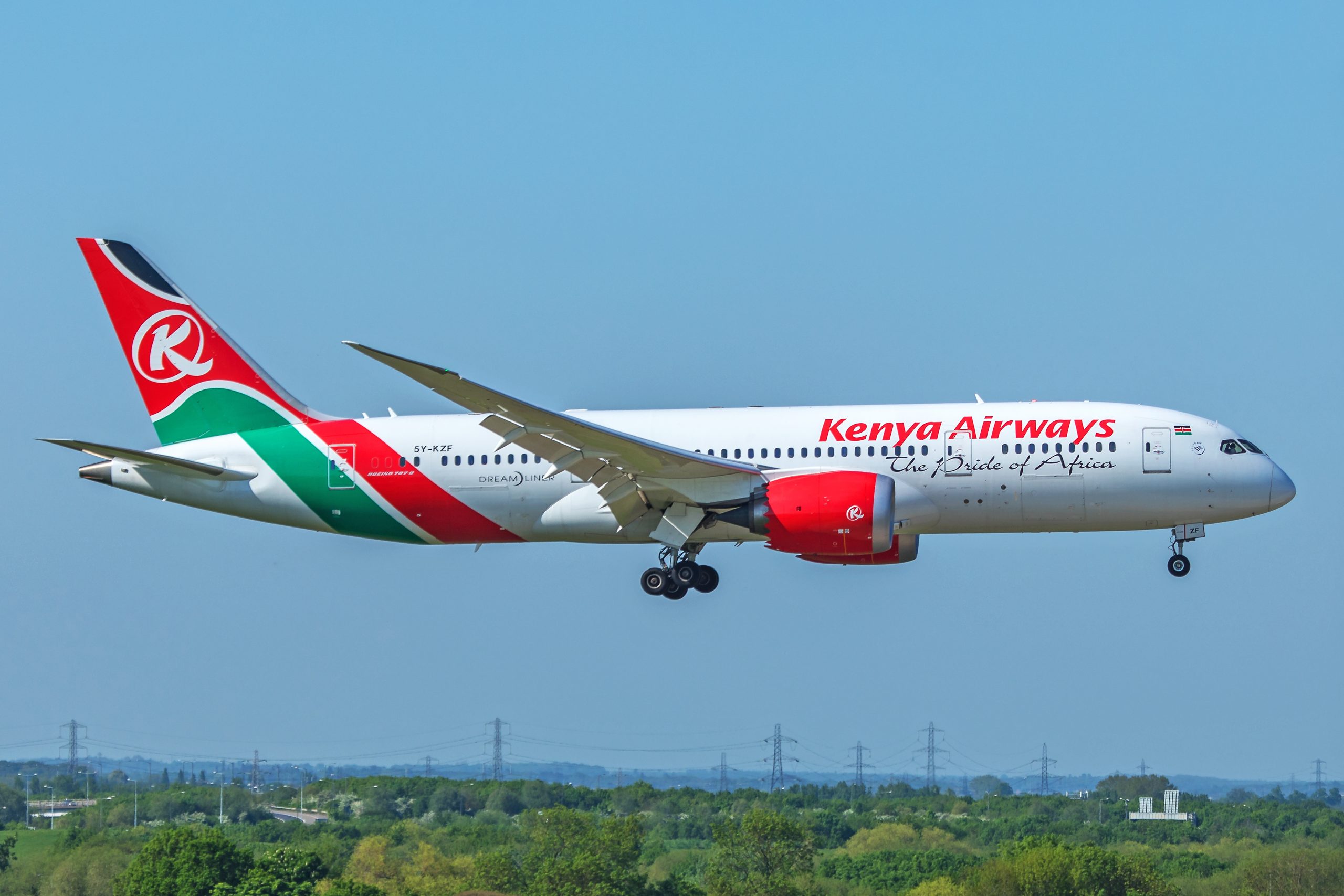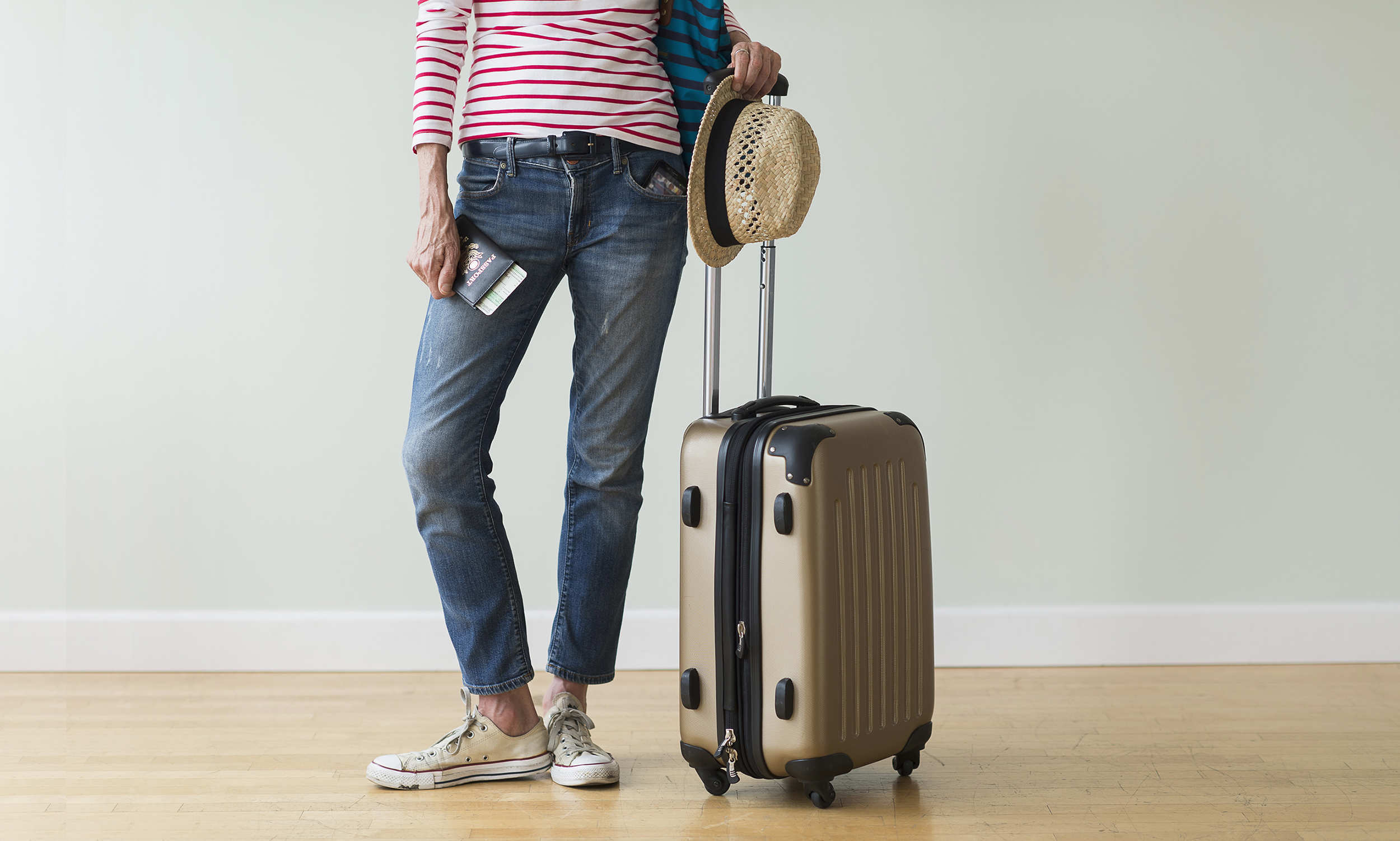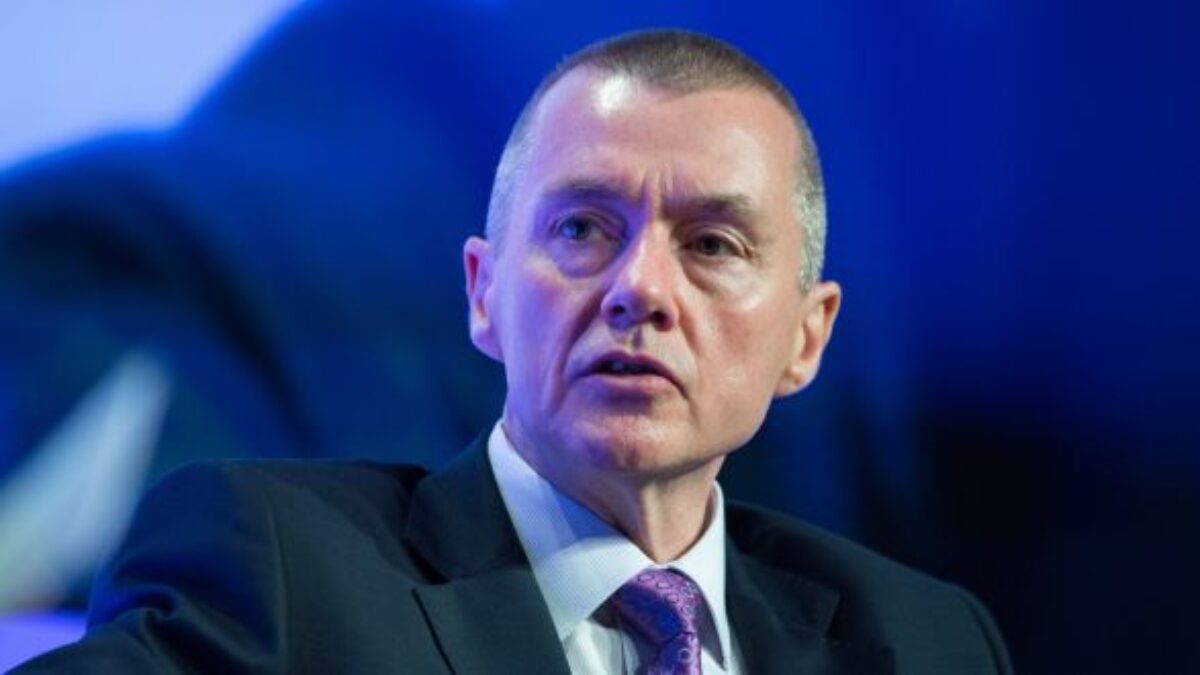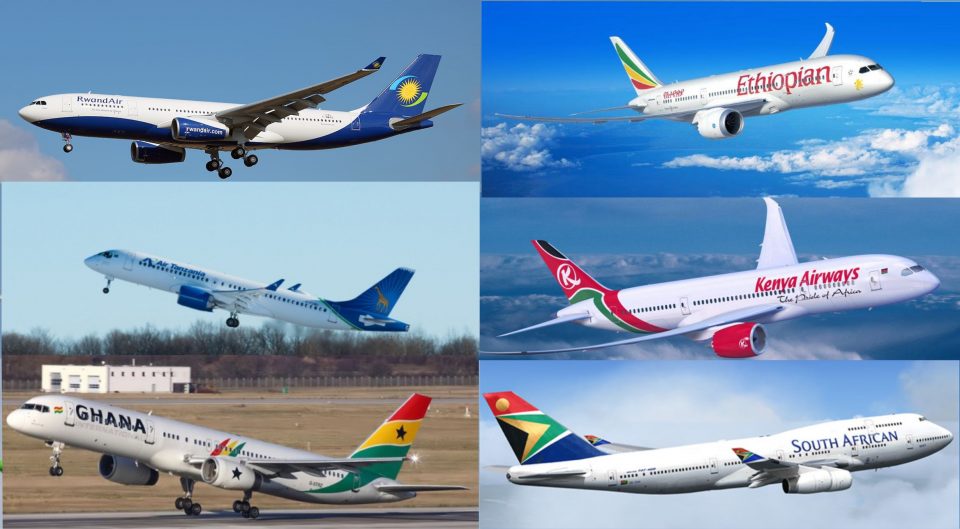You can feel it in the air, read it in the newspapers, see it on social media: Travel is back. After nearly two years of stop-and-go travel, with countries banning all visitors and tourists seen as the carriers of the plague, evidence supports that, in the short term, travelers are testing the waters.
Inexpensive airfares, both in economy and business classes, have receded; in fact, business travel between Israel and the United States has returned to pre-pandemic levels.
It’s a combination of both the need to make a personal connection, which Zoom cannot provide, coupled with the huge success of Israeli companies raising unheard-of funds and the compulsion to travel to the US to showcase their products.
A recent sit-down with Tom Lattig, the managing director of EMEA Sales at American Airlines was illuminating. American Airlines has said it is confident business travel will catch up with leisure travelers this year. It now expects a full business travel recovery in 2022. Lattig was grateful for how the airline returned to the Israeli market after a lengthy absence and is confident that when it starts flying from Dallas to Tel Aviv in the spring, the planes will be filled with both leisure and business clients.
El Al, while trying to get authorization to purchase Arkia, Israel’s own low-cost carrier, is returning to Boston next month and expending large amounts of energy in persuading its corporate clients to return to it. Delta already announced its entry into flying from Boston to Tel Aviv, and both airlines seem to believe that targeting Beantown will increase their coffers.
United Airlines is still head and shoulders above the other foreign carriers when it comes to flying nonstop to cities in the US. With twice-daily flights to Newark and flying to San Francisco and Chicago, it will continue to be at the top of the totem pole both in revenue and numbers of passengers, when all the data are compiled.
I WANT to focus, though, on an area that gets short shrift. In Israel we have been hearing about outlawed software and illegal police hacking of phones and computers. Fraud is one thing the pandemic didn’t shut down. Security experts remind travel agencies and travelers to stay on top of protecting their data as travel resumes. So, let’s discuss data fraud.
Most travelers are not even aware of what happens to their travel data when they book business or leisure trips. We shouldn’t assume the trip gets booked at the travel agency and that’s the end of the data journey. In reality, your data may be forwarded to several suppliers, including airline, hotel, rental car, rail, loyalty program providers and others.
For example, when a ticket is booked with a credit card, relevant information is shared with the credit card company and billing office. If you make a duty-free purchase in the airport, the store captures your name, airline ticket information (e.g., departure and arrival locations and times), your credit card number and the description of your purchase. If you’re traveling to a destination where your travel data must be sent in advance so that you may enter, your data are shared with authorities and organizations of the respective country.
The point is your data are being collected, processed, used and stored multiple times, and are vulnerable to attack or compromise in each situation. A best practice for companies and individuals is to always find out how the travel agency protects data against three basic threats: loss of availability, reputability and confidentiality.
Companies and individuals should expect travel agencies to provide a fully integrated and audited security management system for threat protection.
In our company we are well aware of so-called CEO Fraud messages. The sender poses as a member of management and tries to get an employee to perform a certain action, such as transferring a certain amount of money to a certain account. In early 2021, a fraudulent caller pretended to be a CEO and used a phishing email to convince a travel agent to book multiple round-trip flights.
Often, successful attempts are made to exploit the willingness of an employee to help his boss.
We all need to be on the lookout for phishing or fake emails or messages to trick people into falling for a scam. Detecting the emails has become much harder. The scammers are intelligent, and illicit programs are designed to bypass antivirus detection products. It remains a game of cat and mouse between the scammers and the information security industry.
When taking a trip, keep these four tips in mind:
Don’t log in to your personal bank accounts over free public Wi-Fi hot spots. The information is vulnerable to interception.
- Don’t divulge travel dates and locations on social media. Go Paperless. Keep itineraries and travel documents on your password-protected mobile device.
- Don’t talk loudly about your travel plans in public places like the hotel bar or on the train. You would be amazed at how much information can be gleaned simply by listening.
- Be on the lookout for shoulder surfers, anyone glancing over your shoulder to steal information.
It’s important to understand that the crooks who prey on tourists may be part of major crime rings.
Bound for Europe this spring? Don’t let a crook ruin your adventure by running off with your cash. As travel restrictions ease, people should remain vigilant while abroad.
While tourist scams can occur in any country, here are some of the techniques commonly employed by con artists in Europe to get their hands on your valuables, according to travel experts and law enforcement.
The spill that’s not accidental. Pigeon poop – real or fake – or ketchup, ice cream, coffee, or something else is spilled on you. Or thrown at you. Someone will approach you and offer to help clean you up. Another person then picks your pocket while you are distracted.
The panhandler’s plastic cup. Some beggars place a clear plastic cup in the path of pedestrians, hoping they inadvertently kick over the cup and send coins skittering. The goal: a guilt-tripped donation. Assume beggars are pickpockets.
All over the world, there is the tried-and-true crush-and-grab on the subway. Several people swarm you as they try to get on or off a train car and, as they push you, pick your pockets. Another tactic is grabbing the purse of a passenger sitting by the door and hopping off as the doors are closing. Find a seat away from the doors and minimize access to your pockets and purse.
The list goes on, as some travelers are probably rusty when it comes to trip planning, and those looking to take advantage of that will be out in force.
In the US the Better Business Bureau is sending out a warning: “Unfortunately, during times when we’re more stressed out, especially during the pandemic, there are people that are going to jump right in and take advantage every time,” said Amy Rasor, Better Business Bureau Fort Worth regional director. “Any time you feel that gut instinct, it’s pretty much telling you what to do.”
The No. 1 scam remains third-party booking site scams. If you book your airfare, hotel or other travel through a third-party website, be sure to use caution. BBB Scam Tracker continues to receive reports of scammers pretending to be online airline ticket brokers. In the most common version of the scam, travelers pay with a credit card and, shortly after making the payment, receive a call from the company asking to verify name, address, banking information or other personal details – something a legitimate company would never do.
AS YOU are booking a trip, make sure it is from a site with a web link that has “https” in the address bar. The “s” stands for secure. It will also have a lock symbol displayed in your Internet browser to confirm that any information you type in will be secure. Avoid wiring money or using a prepaid debit card.
Pay for everything with a credit card so you can easily dispute it if anything happens.
Before making a final payment, get all the details of the trip in writing. Details should include the total cost, restrictions, cancellation penalties, and names of the airlines and hotels.
Review and keep a copy of the airline’s and hotel’s cancellation and refund policies and the travel agency’s or booking site’s cancellation policies. I reiterate that if your travel consultant doesn’t inform you before you purchase what the cancellation and change fees are, make sure to ask about them. Knowledge is power.
Do I believe we’ve seen the end of the pandemic? Of course not. Do I believe that more and more individuals and companies and countries are coming to terms with having to live with COVID-19? Yes.
Passover and Easter will see planes heavily booked, hotels bursting at the seams and Israel filled with a menagerie of tourists. And just like in Europe and the US, where the travelers go, the criminals are one step ahead of them.
Travel smart, travel secure; because this spring, travel you shall.
Source: The Jerusalem Post

